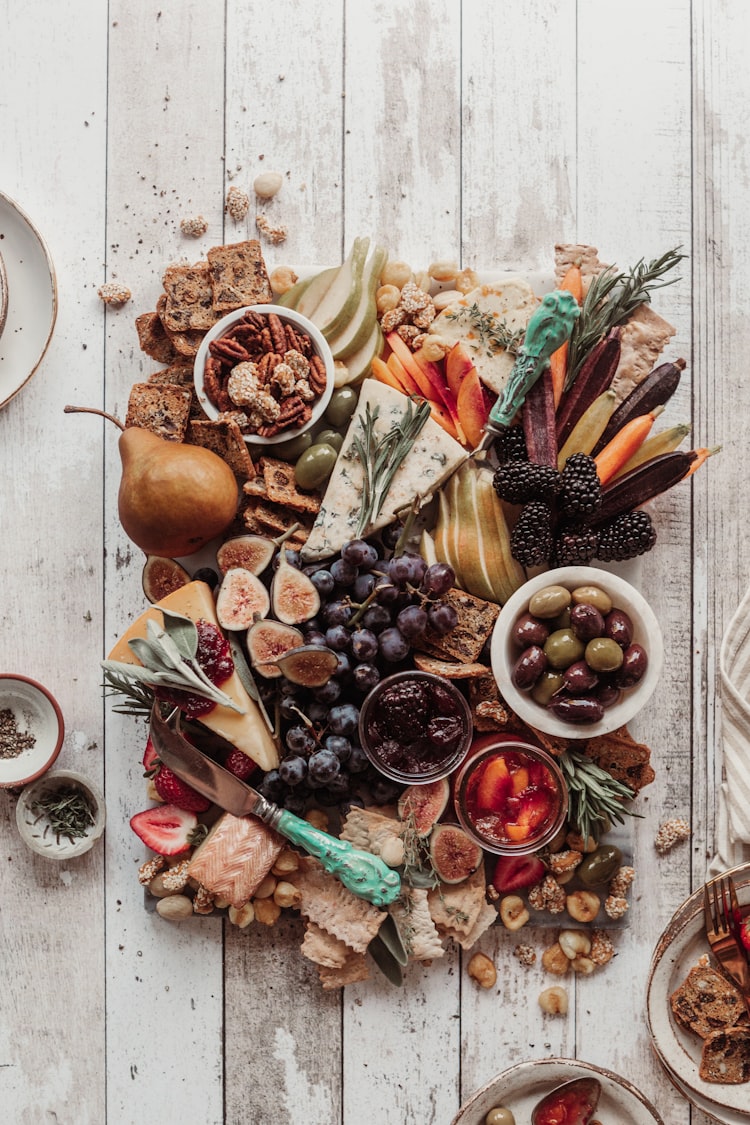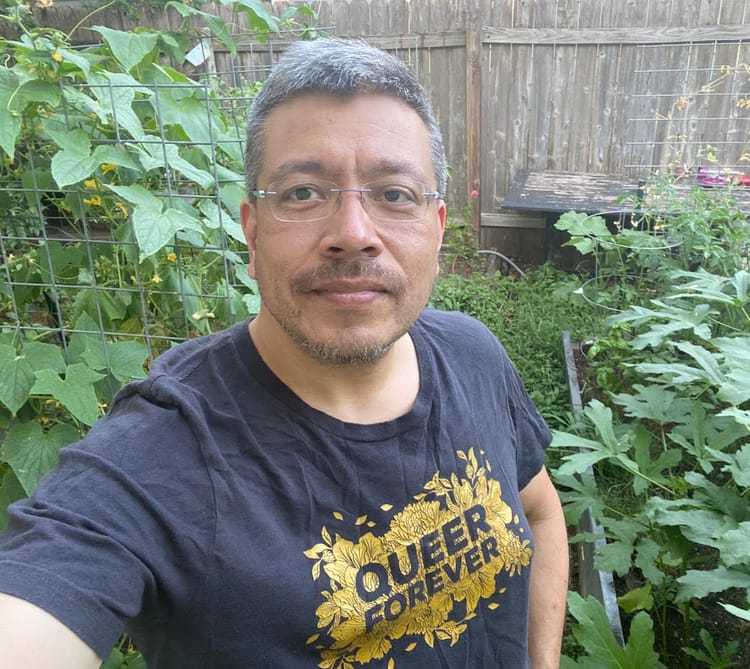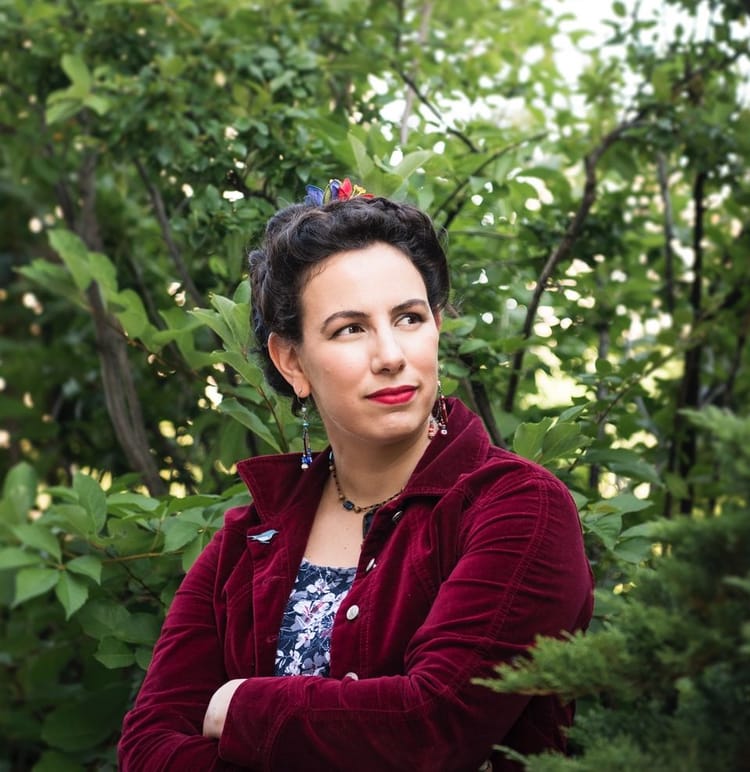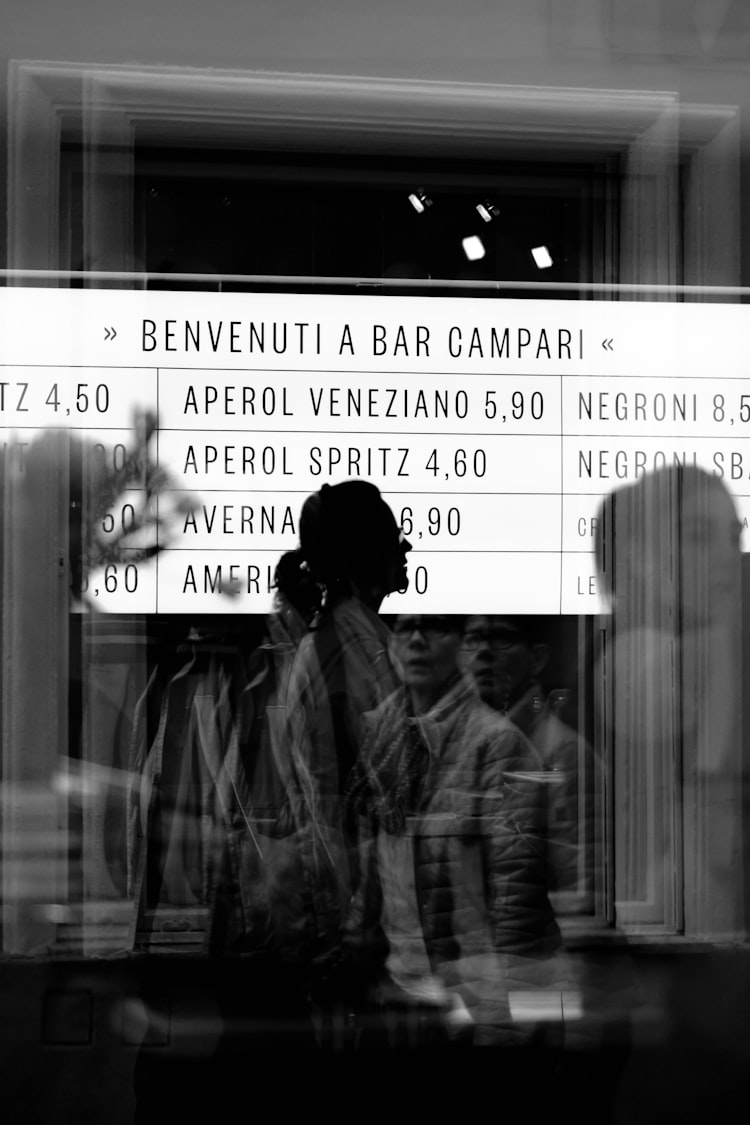To Love a Long Recipe

Subscribe to Stone Soup to get updates, recipes, and book recommendations in your inbox every week. If you don’t want to get extra emails in your inbox, or if you want to support the newsletter at a lower cost, check out the Supper Club Booster tier—for just a couple of bucks a month, you can help keep the lights on at Stone Soup!
When I want someone to try a new recipe, I describe the recipe in terms of what it doesn’t demand. This recipe will be so easy, I tell them. It won’t take too much of your time. The ingredients are simple to substitute. You’ll be able to understand the steps right away. This recipe, I assure you, will not ask for anything you aren’t prepared to give it. Offer nothing of yourself, and be rewarded.
I tend to share recipes that promise simplicity and ease, but that isn’t how I like to cook. My favorite recipes take hours to make. When I’m given a simple, easy, undemanding recipe, I always search for the places where extra effort and time might be layered in. When a recipe calls for nuts, I wonder if they could be roasted, candied, spiced. When a recipe calls for fresh fruit, I consider sugaring or maceration. Every raw edge can be toasted, every liquid can be reduced, every cream can be infused. Every facet of a recipe can be investigated, understood, and celebrated.
This disconnect—between how I offer recipes and how I approach them—mirrors my approach to relationships. I present myself to new people the way I present them with recipes. Simple, easy to understand, won’t ask much of you, won’t take much of your time. I never want to run the risk of becoming not worth the effort, and so, in moments when I’m uncertain of my worth, I try to become effortless.
This stands in stark contrast to how I conceive of my loved ones. I don’t form relationships with smooth spheres of effortless engagement; I co-create them with multifaceted human beings. I don’t love the people who are in my life because they are undemanding—I love them in their demands, because their demands represent the beautiful and beloved stack of complications that form a real person.
The thrill of creation lies in the pull of demand.
Fudge is made with effort and focus and consistency. Once each year, when I make holiday fudge, I spend a solid twelve hours or so cooking. Each batch must be stirred just enough to correctly alter the form of the sugars and fats, forming a new, stable texture. By staying with the sugar while it is changing—by forming a relationship with it that includes attentive understanding—I invest myself in the transformation that is taking place. The fudge I make has me in it, because my close and careful attention is in the molecular structure of the final product.
I tend to isolate when I’m grieving. I’m fighting to change this tendency in myself. A wound made by loss is fundamentally transformative; why wouldn’t I let those closest to me be there with me as I change into a person who has survived that wound? The person I have become contains my loved ones, because their care and patience is stamped into the shape I’ve taken as I’ve healed. Relationships crystallize and become sturdy when this kind of transformation is shared in the context of mutual care.
Apple butter is made with intermittent care over the course of many long hours. It’s a recipe that mostly seems to handle itself, but it needs attention at the right moments to keep it from going awry. The key is to let the outer layer darken and caramelize before stirring, so that slowly, all the sugars take on a richer, more complex sweetness without burning. To make it right, you have to know when it’s ready to be interfered with.
I am fiercely independent. Being taken care of is strange and difficult to me. But I’ve been learning, slowly and with great effort, to give my well-being into the hands of my loved ones from time to time. Every time this stirring of interpersonal responsibility takes place, the relationship takes on a richer, more complex sweetness. I am not a burden when I allow myself to be cared for; I am simply engaging in the nourishing rhythm of interdependence.
My favorite recipe for cheesecake requires a closed oven. Opening the oven too soon releases steam from the water bath inside the oven, which can cause the cheesecake to dry out and crack. My home oven doesn’t have an oven light, so making this cheesecake requires my trust—I have to wait patiently for the nearly two hours the cheesecake requires, believing without fail that it won’t burn, collapse, disappear.
There are relationships I return to at long intervals. Friends with whom I catch up every few months, or every few years. We see each other and we know that we’ve changed, grown and shrunk and softened and solidified. We trust that our time apart won’t have changed us in ways we can’t share with each other. We trust that the changes will be exciting and interesting. Still, I always feel a pulse of fear: what if they look into the oven of my life and don’t like the thing I’ve become while that door was closed? Or worse: what if they never open the door at all, and I’m left in the slowly-cooling darkness, wondering whether they’d have wanted to know me if I’d only cooked a different way?
This month’s recipes are not about ease and inattention. They are about relationships. You, the cook, are invited into a long and lovely friendship with the meal you’re going to make. As I write this, I keep finding myself tempted to find ways to say that the recipes are simple, that you’ll be surprised at how quickly the time and effort passes. I keep finding myself tempted to sand off my own edges and make myself easier to swallow. But we’re past that now, I think, so I will say this instead:
These recipes take time. In places, they are demanding. You’ll make space for everything they require, and you’ll come closer to something elemental and beautiful in the process of creating the meal to come.
The effort will be worth it.
Coming Up This Month
- Alyssa’s Alcapurrias
Alyssa Gonzalez, a biology Ph.D., public speaker, and writer, shares a recipe for alcapurrias, a savory stuffed fritter.
Her essay on the search for yautía, guineos, and remade memories will be in your inbox on August 9. - Nuha’s Bengali Goat Curry
Nuha Fariha, a Bangladeshi-American writer, shares a recipe for Bengali goat curry.
Her essay on assimilation and the origins of curry houses will be in your inbox on August 16.
If you’re a paying subscriber, come by the Stone Soup Supper Club for early access to this month’s recipes, our weekly chat, and more community! I can’t wait to find out how you’re doing.
If you’d like to own the Personal Canons Cookbook ebook, which collects all these essays and recipes in easy-to-reference, clickable format—plus loads of bonus recipes from me!—join the Stone Soup Supper Club. The ebook is free for subscribers, who will get the download link in their inboxes in the first Supper Club email of 2024!
—Gailey






Member discussion